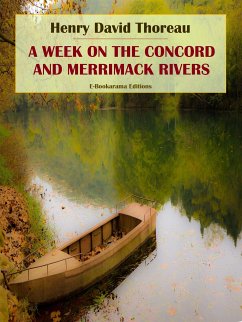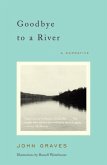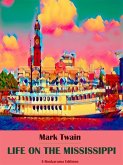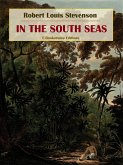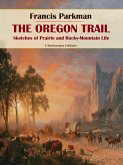First published in the mid-19th century, "A Week on the Concord and Merrimack Rivers" is a nonfictional travel book by Henry David Thoreau, a narrative of Thoreau’s journey from Massachusetts to New Hampshire and back which he undertook with his brother.
The book is praised for its unusual structure, layered storytelling and poignant symbolism. It also critiques Christian institutions, which was again unusual for its time. Thoreau was a well-known philosopher who made longstanding contributions to natural history and modern-day environmentalism.
"A Week on the Concord and Merrimack Rivers" is divided into chapters for each day of the journey. Much of the book contains literal, detailed depictions of the day’s events. However, Thoreau ties these events into religious, historical and poetic digressions. He enjoys living a simple life, and he despises changes such as the Industrial Revolution.
Like "Walden", Thoreau’s masterwork, "A Week on the Concord and Merrimack Rivers" achieved fame only after the author’s death.
The book is praised for its unusual structure, layered storytelling and poignant symbolism. It also critiques Christian institutions, which was again unusual for its time. Thoreau was a well-known philosopher who made longstanding contributions to natural history and modern-day environmentalism.
"A Week on the Concord and Merrimack Rivers" is divided into chapters for each day of the journey. Much of the book contains literal, detailed depictions of the day’s events. However, Thoreau ties these events into religious, historical and poetic digressions. He enjoys living a simple life, and he despises changes such as the Industrial Revolution.
Like "Walden", Thoreau’s masterwork, "A Week on the Concord and Merrimack Rivers" achieved fame only after the author’s death.

